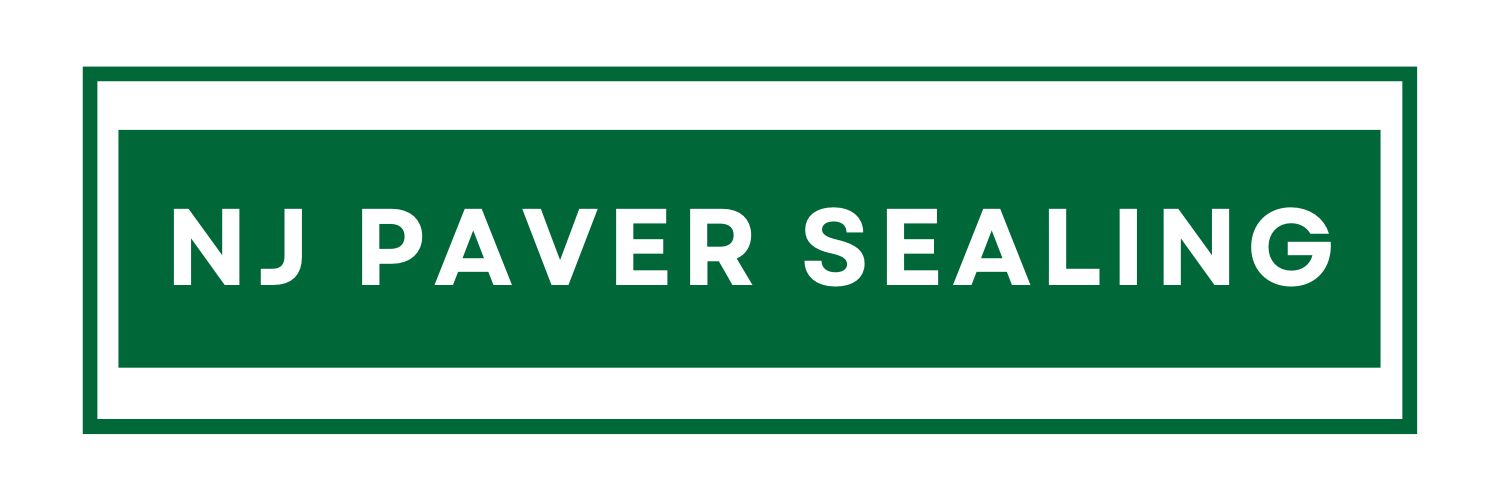
Welcome to the world of NJ Paver Sealing! Our focus for today’s discussion is the importance of professional paver sealing services to enhance the longevity and aesthetic appeal of your paved areas. From detailing why sealing is necessary to help understand the process, from providing before and after examples of our work to a guide on our exceptional services – this informative blog serves as a comprehensive guide to all things paver sealing.
Why Sealing Pavers is Necessary
Some might wonder why it’s necessary to seal pavers. After all, if they’re just stones lying on the ground, what harm can come to them? The truth is, that unsealed pavers can be prone to staining, weed growth, and erosion. Furthermore, they lose their vibrant color over time due to exposure to rain, sun, wind, and daily wear and tear. Sealing pavers not only protects them but also amplifies their natural color, giving your patios, driveways, and walkways a polished and attractive look.
Understanding the Paver Sealing Process
The paver sealing process is more than just applying a sealant. It requires a careful and precise approach that starts with a thorough cleaning of the pavers to get rid of dirt, dust, and weeds. Afterward, sand is applied between the paver joints to improve stability, prevent weed growth, and deter pests. Then, a sealant is evenly applied on the clean and dry surface, forming a protective barrier against contaminants and weather elements.
Before and After: The Transformative Effects of Paver Sealing
To help you understand the potential of paver sealing, let’s take a look at some before and after examples. Pavers that were once dull and pale regain their vibrancy after sealing, providing a striking contrast that makes them stand out. Cracks and holes become invisible, transforming the disheveled pavement into a smooth, uniform surface.
A Guide to Our Exceptional Paver Sealing Services
As NJ Paver Sealing, we pride ourselves on offering exceptional services. We use only the highest quality sealants, continue staying updated with the latest techniques, and work diligently to ensure customer satisfaction. Our team is trained and experienced in handling different types of pavers including concrete, clay brick, and natural stone, ensuring that your pavers get the best care and protection.
Frequently Asked Questions About Paver Sealing
1. How often should I seal my pavers?
It’s recommended to seal your pavers every 3-5 years.
2. Can I seal my pavers myself?
While it’s possible to DIY, a professional service ensures a better result and saves you time.
3. How long does the sealing process take?
The sealing process may take a few hours to a couple of days depending on the size of the area.
4. What happens if I don’t seal my pavers?
Unsealed pavers are likely to suffer from staining, wear and tear, and color fading.
5. Which kind of pavers does NJ Paver Sealing handle?
We handle concrete, clay brick, and natural stone pavers.
Moving to the end of our insightful journey through the realm of paver sealing, we hope to have clarified why it’s a valuable practice. Whether it’s the necessity of the procedure, the steps involved, or the undeniable visual improvements it brings about – each aspect discussed contributes towards a robust understanding of why professional paver sealing is crucial.
If you’re in Pleasant Beach, NJ, or the surrounding areas, consider reaching out to NJ Paver Sealing, available at 732-800-6085, and let us transform your dull pavers into stunning pathways. Check our location on Google Maps to find us easily. With our help, you can ensure the lasting beauty and durability of your paved spaces. Pave the way to a visually impressive and structurally secured property with NJ Paver Sealing.
Read about us in this informative news blog which mentions us as one of the best paver sealing companies in the industry!
Learn more about paver sealing practices here!
